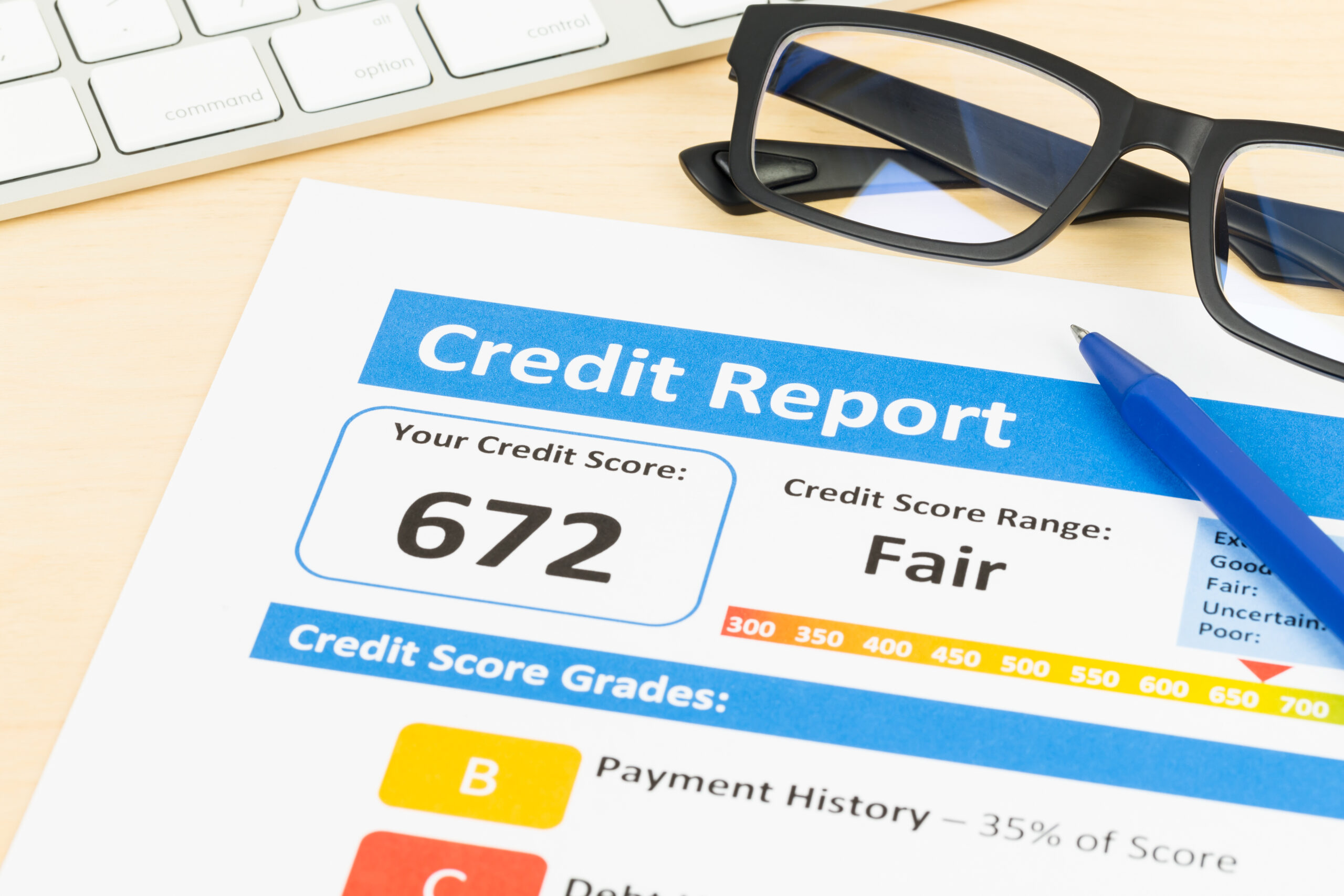Bankruptcy can provide relief from overwhelming debt and creditor harassment. However, rebuilding your credit afterward can prove challenging. Please read this as we explore the impact a bankruptcy filing can have on your credit, strategies for improvement, and the benefits of consulting with our experienced Rapid City Bankruptcy Lawyers.
How Will Bankruptcy Impact My Credit Score?
Filing for bankruptcy in South Dakota will significantly lower your credit score, potentially by 100-200 points, depending on your unique financial circumstances. This negative mark will typically remain on your credit report for 7-10 years. It’s important to note that the impact is particularly severe even if you have good credit before filing. However, the impact lessens with each passing year.
Beyond the score reduction, the bankruptcy filing will make lenders more hesitant to approve applications, particularly during the ongoing process, due to concerns about debt discharge. Once bankruptcy is removed from your credit report, it will stop damaging your credit scores. To rebuild your credit, you must manage it responsibly and pay your bills promptly.
What Can I Do to Rebuild My Credit?
Rebuilding credit after bankruptcy is crucial. While this legal process can provide a free start, it can lead to a substantial drop in your credit score, making it harder to secure loans and mortgages. Rebuilding your credit will allow you to regain financial stability and access to essential credit benefits.
One of the most important things you can do to help rebuild your credit is prioritizing making on time paymentson all debts, including those that were not discharged in bankruptcy. You should focus on making timely payments as it demonstrates responsible financial habits and helps establish a positive payment history.
In addition, you should start budgeting. It’s advisable to create a realistic budget to track your expenses and ensure you can meet your financial obligations. This will help you prevent the accumulation of any more debt. It’s important to try to pay your bills in full to avoid the accumulation of interest.
Another step you can take is to open a new account. A secured credit card will give you a monthly limit based on a deposit you have put down. Filing for bankruptcy can make it difficult to get approved for loans or credit cards. Making consistent, on-time payments is vital for rebuilding your credit. Being an authorized user on someone else’s credit card may also help build a credit history.
Rebuilding your credit will take time and effort. It’s important not to get discouraged if you don’t see immediate results. At 605 Bankruptcy, we are prepared to help you take the correct steps to rebuild your credit. Connect with our firm today to learn how we can assist you.



